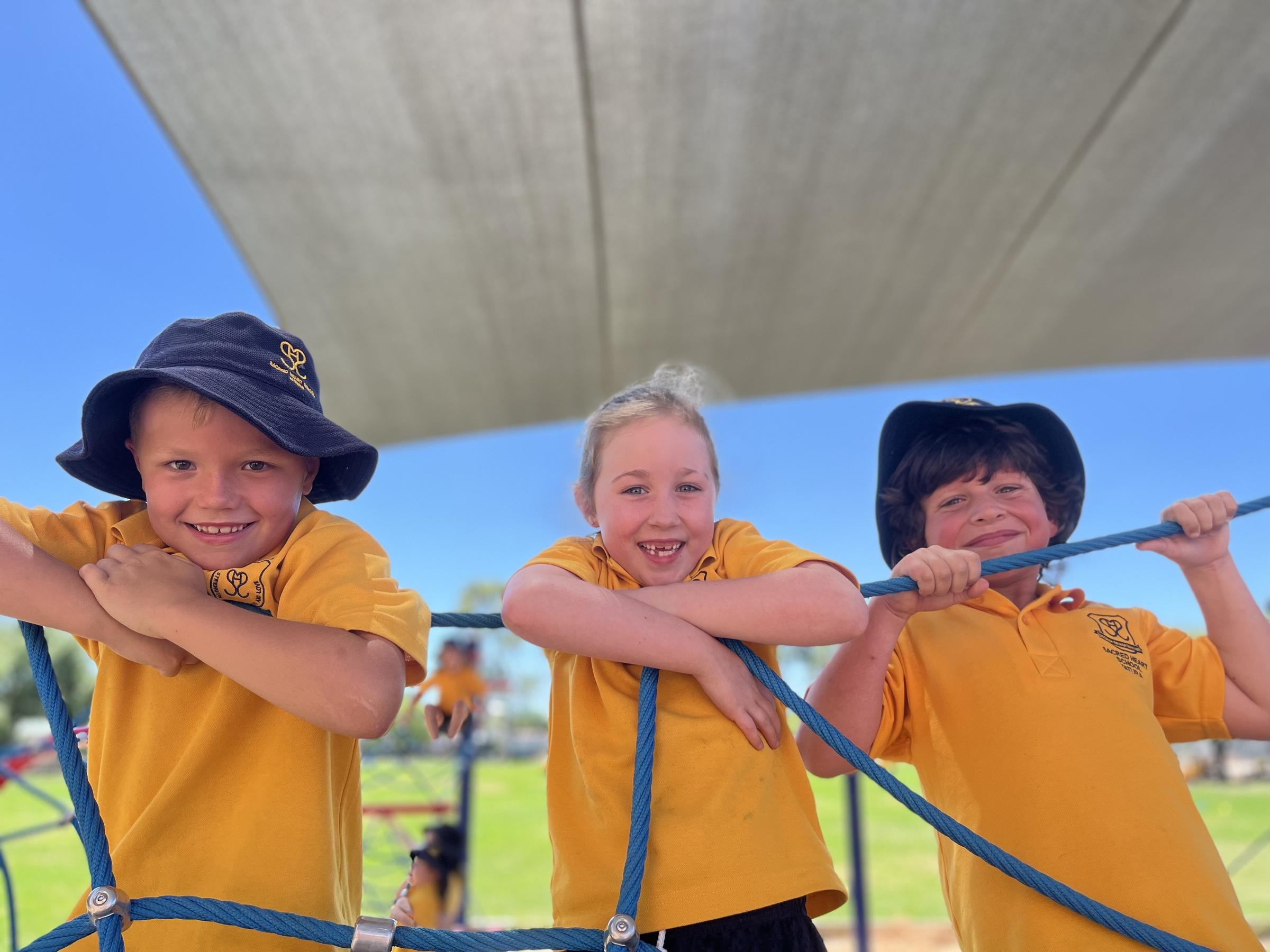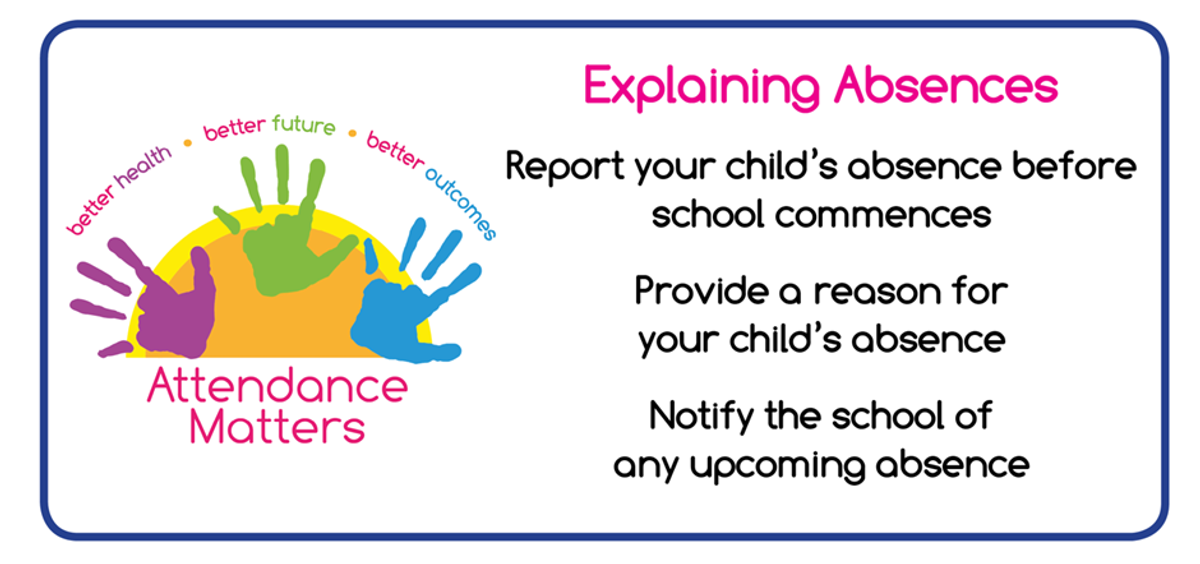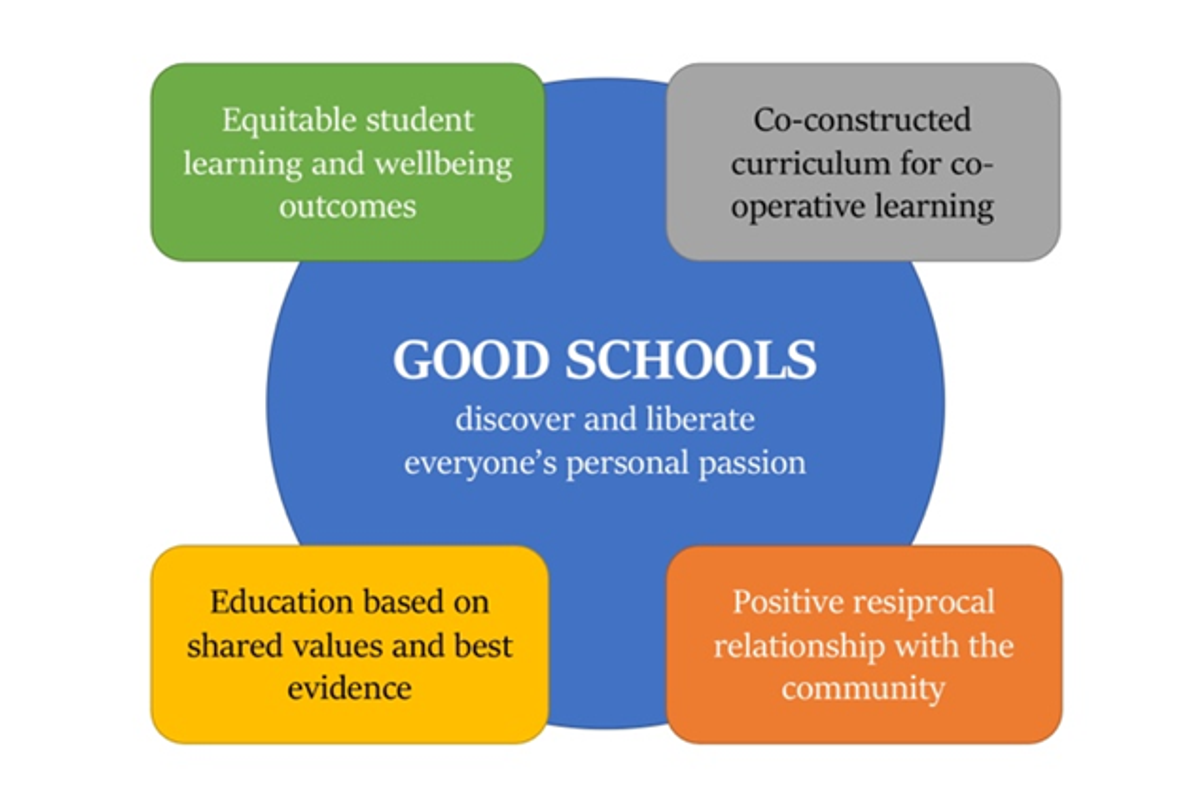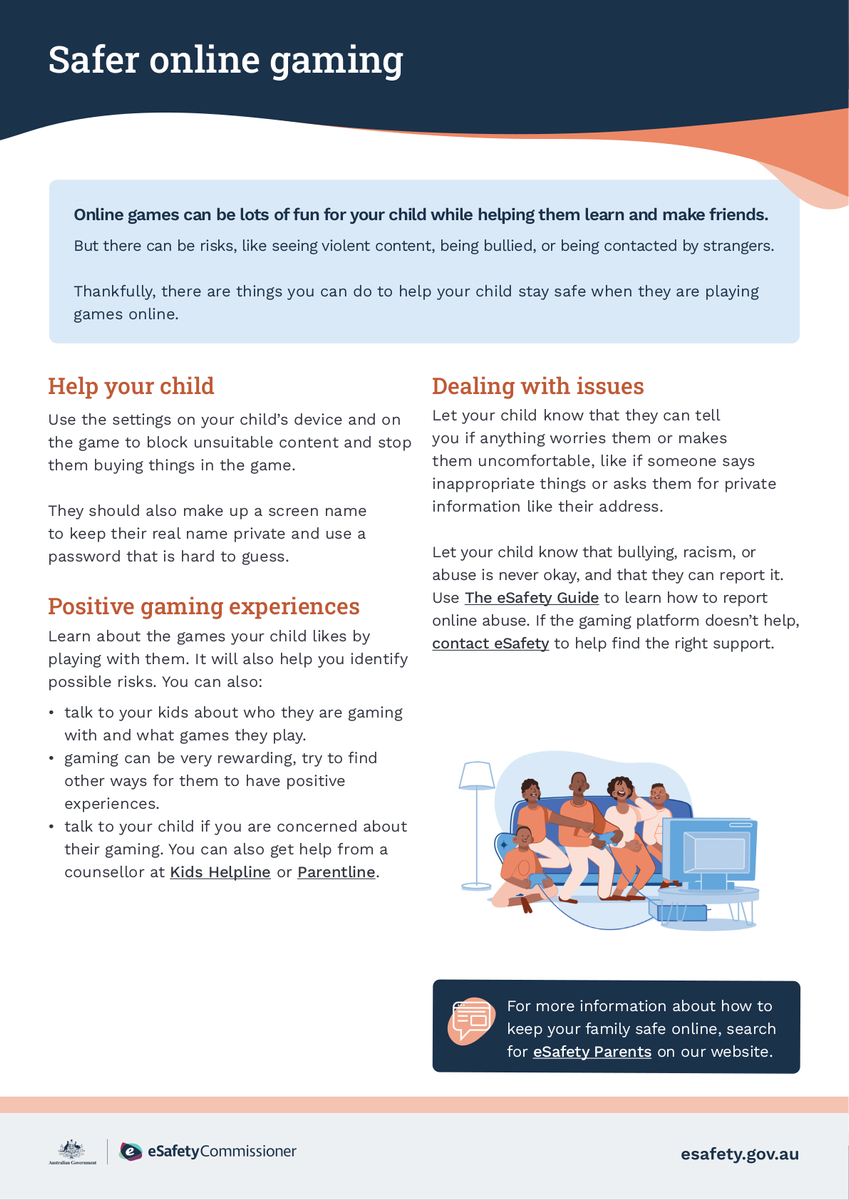Thrive & Flourish

Dear Parents and Friends
What is the difference between being dependant and being able to fend for yourself? We want our children to be able to take care of themselves, get dressed, pack their bags and help around the house with some basic chores.
How do we build independence in our children but not be completely void of us? How do you break the ties? Each child has the potential to do so much – if we let them.
Independence for kids is about trying new things, taking on more responsibility, making decisions by themselves, and working out who they are and what they want to be.
Achieving independence is an essential part of your child’s journey towards adulthood.
There are many things that you can do to help your child develop independence:
- Show your child love and support.
- Respect your child’s feelings and opinions.
- Set clear and fair family rules.
- Help your child develop skills for decision-making.
- Give your child opportunities to practise being independent and responsible.
- Work through conflicts constructively.
Supportive, strong relationships help kids feel safe and secure. When kids feel safe and secure, they have more confidence to try new things, and discover who they are and what they want to do with their lives. It also makes it easier for them to bounce back from mistakes or challenges.
You can show your love and support by:
- taking a genuine interest in your child’s interests, hobbies and friends
- making time to listen when your child needs to talk
- giving your child space and privacy
- regularly saying, ‘I love you’.
As pre-teens and teenagers go through the physical, social and emotional changes of adolescence, they often experience intense and sometimes overwhelming emotions. If you tune in to your child’s emotions, you can help your child learn to understand and manage these emotions by themselves. This is an important part of becoming independent.
Exploring opinions and ideas is one of the ways your child works out where they fit in the world. Your child’s opinions might be different from yours, but taking them seriously sends the message that you value your child. And different opinions can be a good chance for you to talk about how it’s OK for people to have different perspectives.
Talking about your own opinions and feelings calmly can help to keep the lines of communication open between you and your child and strengthen your relationship. It also models positive ways of relating to others.
Set clear and fair family rules
Clear family rules about behaviour, communication and socialising will help your child understand where the limits are and what you expect. Rules help to keep your child safe as they try new things. Likewise, rules can help you be consistent in the way you treat your child if they push the boundaries of their independence.
It’s a good idea to monitor how well your child is going with independence and adjust the rules accordingly. You might need to negotiate rules and boundaries as your child gets older.
Each day we are faced with numerous challenges that impact our social and emotional wellbeing. These challenges can often lead to children not wanting to attend school. Now if a child is genuinely sick, then they must stay home or seek the care they need. However, if a child just doesn’t want to come to school because the cat is sick, then the hard conversation has to be had that school and learning trumps the cat! An absent child misses the chance to learn something that they will need in order to understand more difficult concepts and the learning cycle progresses.
“The effects of non-attendance on achievement are cumulative and can impact both academic achievement and attendance in future years of schooling” – Hancock et al., 2013; Zubrick, 2014 Declines in achievement are evident with any level of absence. However, greater numbers of absences are typically associated with larger declines in student achievement (Gottfried, 2014; Hancock et al., 2013). Studies of chronic absenteeism (missing more than 10% of school days) show that regardless of the type, absence, has a compounding negative impact on academic performance (Gershenson et al., 2017; Gottfried, 2009; Zubrick, 2014). As absences accrue over several years, the effect on a student’s academic achievement is cumulative. Hancock et al. (2013) found that Year 3 students with an accumulated unauthorised absence rate of 10% in each of their first three years of schooling achieved approximately 36 points lower in Year 3 on the NAPLAN numeracy domain than students with no unauthorised absences during the same period. As students generally gain 100 points from Year 3 to Year 5 (Hancock et al. 2013), a 36 point difference is almost two thirds of a year’s growth in achievement that students with high rates of unauthorised absences fail to reach. This impact continues to be evident in further years as well.
WHATS ON OFFER:
Did you know at Sacred Heart School we have on offer a variety of activities and programs to support our children with social and emotional needs. These programs are offered by staff here at the school and some by external providers. They include:
- Workshop wonders - building and creating with wood
- Emotikids - helping kids from F – 2 regulate emotions
- Chill Skills - supporting children to become calm and relaxed
- Secret Agents Society (SAS) – supporting children and their parents with Autism
- Gorgeous Gardener – establishing and maintaining our vegetable patch
- Bike Bandits – playing and exploring all things bikes
- Brum Beat – using drums to express yourself
- Art Therapy – using art as a means of self-expression
- Positive Play – lunch time activities for those children that find the playground hard to navigate
- Sand Therapy – Neta Kirby (per need basis offsite)
- Counselling services – Catholic Care
- Season for Growth – a program to help with loss and grief
- A school pastoral wellbeing officer (one day per week)
- Speech Pathology – for children in need of therapy (fortnightly)
- Occupational Therapy – for children identified with particular needs (fortnightly)
Our hope is to support our children to be happy and healthy enabling them to be the best learners they can be. If you would like to know, more come along to our next cuppa and conversation or come in and see us.
Alla prossima settimana.
Dom Poppa
Liam's Joke of the Week
Q: What kind of photos do elves take?
A: Elfies






